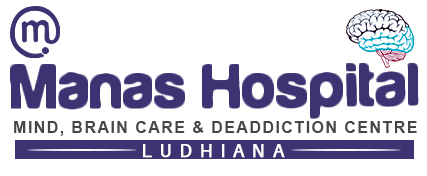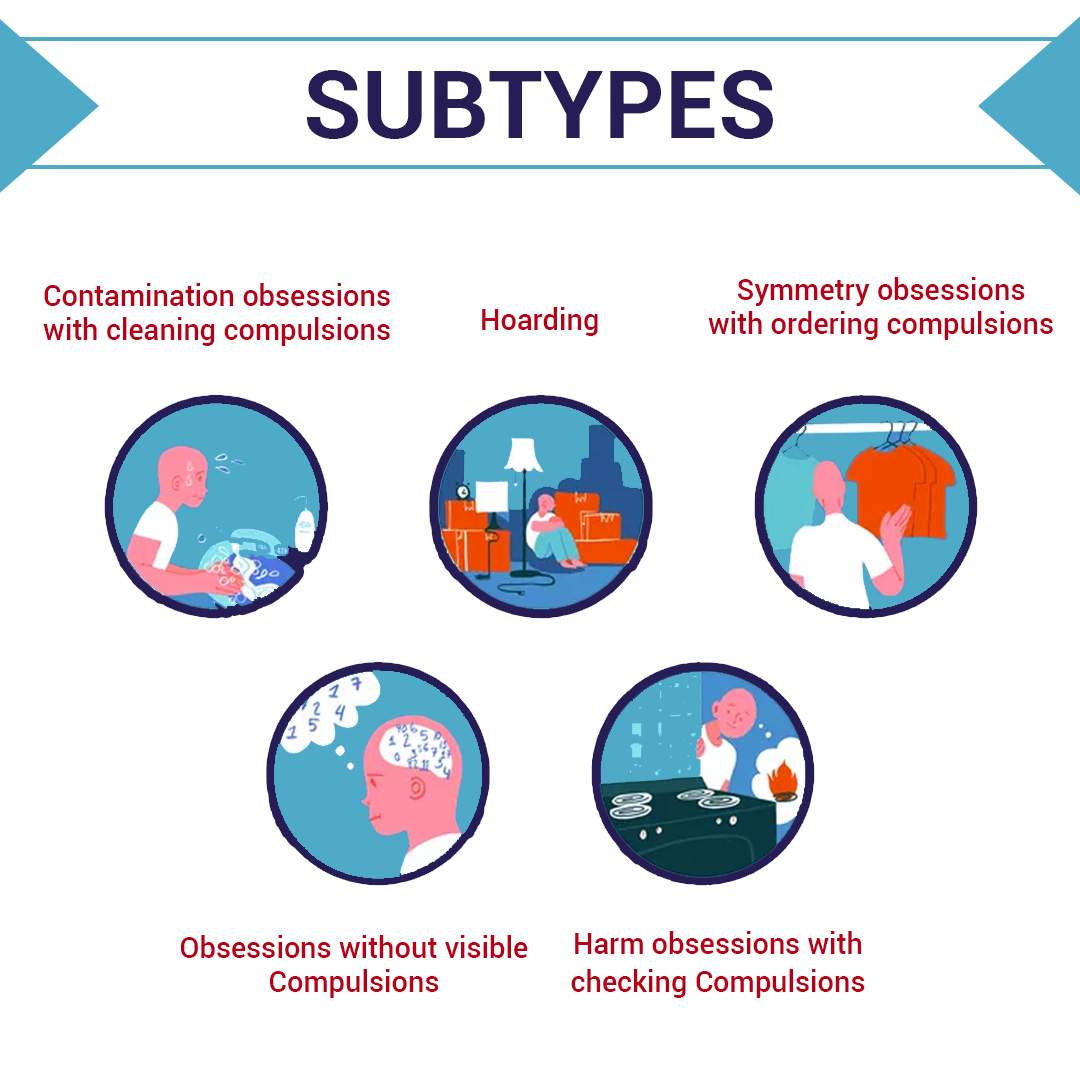Obsessive-Compulsive Disorder
Obsessive-Compulsive Disorder (OCD) is a mental health illness that results in unwanted thoughts, behavior, or feelings. Some people have issues like unwanted thoughts or the urge to do something. OCD can be understood and treated by using different methods. People with OCD have thoughts or actions that:
- The thought stays there at least for an hour in a day.
- Not able to control it.
- Not able to enjoy anything.
- Affect the daily work, social life, or some other part of daily routine.
OCD Treatment approach At Manas Hospital
Talking Therapy
Cognitive Behavioural Therapy called CBT to treat OCD patients. It includes 2 types that are based on to change a person’s behavior and thoughts. It includes Exposure Response Prevention (ERP) and Cognitive Therapy (CT).
- ERP is used for anxiety and compulsive behavior. Increasing the strength by helping the person to face fear and making them understand to stop the compulsive behavior.
- CT is goal-directed, problem-solving, and systemic therapy approach. Its main focus is on the way we think and act so that the person can manage and overcome the emotional issue.
Medication
Medications are also helpful to improve the OCD symptoms. It is used along with CBT to reduce compulsion and obsession.
Symptoms of OCD
- Obsessions : Obsessions are unpleasant, unwanted, and repeated images, doubts, ruminations, and doubts in your mind. The person might not try to think, but they stay in your mind. The person might wonder for hours to know whether you have caused misfortune to someone or caused an accident, argue with themselves for a long time, or get bothered like normal people would not. They might even get obsessed that things are not at the right place, in order or balanced.
- Compulsions : Compulsions are like repetitive behavior or mental acts. The person with OCD face obsessional thoughts like saying the special word over again, or avoidance to tough the particular object, go to certain places, not accepting responsibility, or taking risks.
Moreover, they might wash their hands frequently or ask another person to tell them everything is alright. This might also cause a feeling of guilt, depression, fearful, anxious, or disgusted.
At Manas Hospital, our experienced and competent team of doctors will give you the best OCD Therapy.
FAQs – About OCD
Here are some of the top OCD FAQs answered by our doctor for better understanding of the problem.
Compulsions are individual attempts to suppress the thoughts or impulses than other action or thought. Its examples are checking on things again & again, hand washing, or repetitive counting, praying, or repeating words silently.
– Brain structure
– Brain Functioning
– Environment
– Genetics
.







